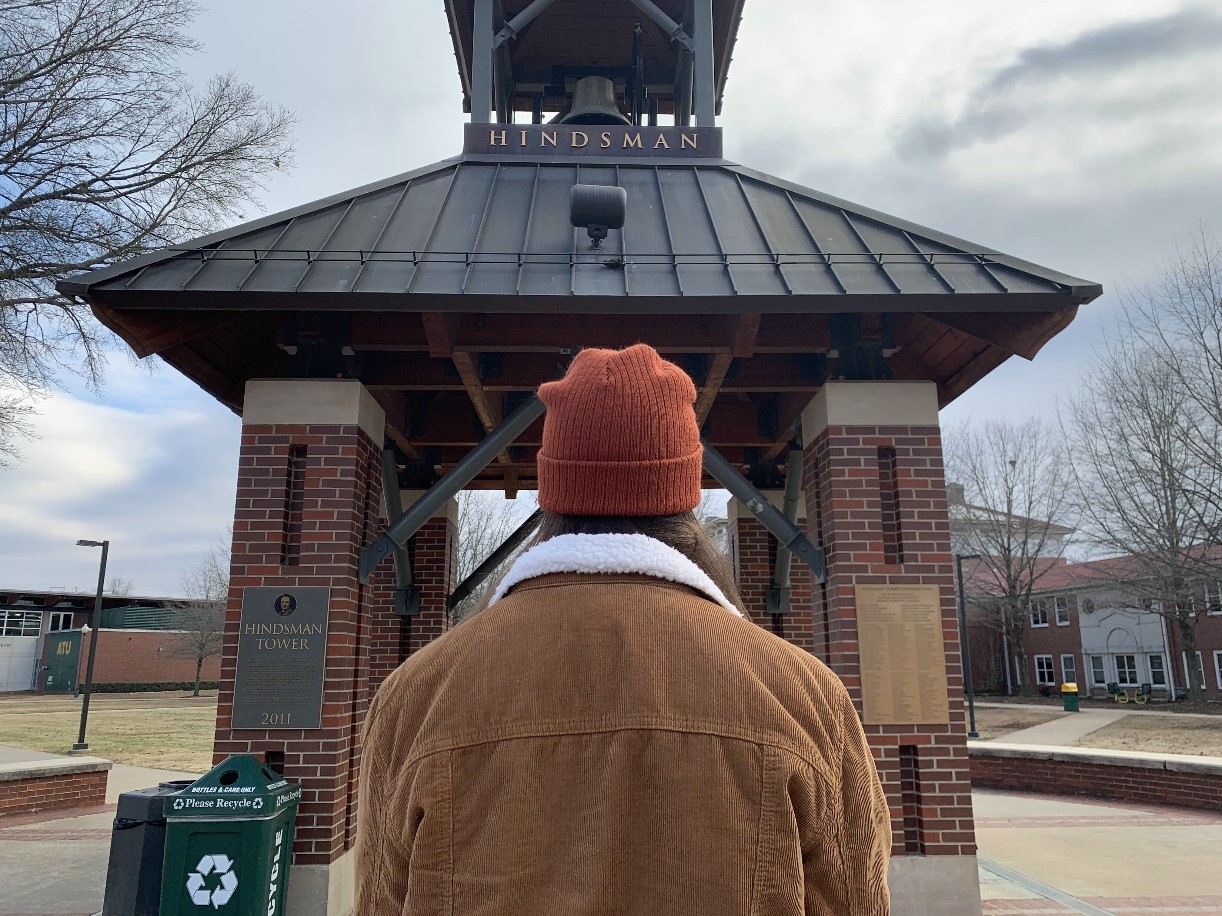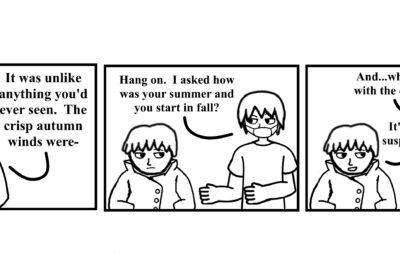Catcalling is a form of verbal harassment, usually sexual in nature, directed mostly towards women who pass by. Women undergo harassment on many college campuses in the United States. ATU is no exception to this.
Catcalling is often perceived as pervasive, rude and objectifying by those subjected to it. “They’re kind of mean about it sometimes. I have a boyfriend at Basic right now; I am engaged, and when I told them that, they said, ‘he’s cheating on you anyway,’” Greyson, a student attending ATU, said. “I feel like an object rather than a person.” Maycee, a senior, said.
“I was walking with a friend from the library to Baz and they would follow me wherever we went. We had to call someone to pick us up in a car,” Kaitlynn Vue, a junior attending ATU, said. “It always makes me feel a little unsafe anywhere it happens,” Katherine, another student, said.
Catcalling is classified as a Title IX offense. According to ATU’s official Title IX policy, sexual harassment is defined as “an unwelcome conduct determined by a reasonable person to be so severe, pervasive and objectively offensive that it has effectively denied a person equal access to ATU’s education program or activity. “
“Catcalling is a very classic example of sexual harassment,” says Amy Pennington, the Title IX coordinator at ATU. “Sexual Harassment is about unwelcomeness,” Pennington continued. She also cites the importance of reporting sexual harassment when it happens.
“Sexual harassment nationally is very underreported,” says Pennington. This does not only apply to sexual harassment, but also sexual assault. According to the Rape, Abuse, and Incest National Network, out of 1000 sexual assault cases, 995 of the perpetrators walk free. “I feel it is unlikely that people think it is serious enough to report,” Halle Woker, a senior at ATU, said.
“ATU tries to create a culture of support that makes individuals comfortable telling us,” Pennington said. Pennington understands how hard it is for victims to come forward about harassment and abuse. “It’s a very personal choice,” she said. She also understands the brevity of these actions, citing the fact that students have a lot to worry about as it is. The process that follows reporting sexual harassment is not easy. Title IX works to lighten the load of victims.
There are several ways to report harassment and catcalling. Telling a Public Safety officer or a mandated reporter is one option. Reporters include professors, resident assistants, resident directors or members from the Title IX board. One can also fill out a form via ATU’s Title IX website. This can be done anonymously; however, anonymity impedes follow-ups. If a student does not want to file a report but still talk about it, they can speak with a counselor at the Health and Wellness Center. Counselors are not mandated reporters, and they can help a student weigh their options.
Title IX uses a policy based upon what the victim feels is best or necessary for the case. Sometimes the student may not want to pursue a formal process. If this is the case, Title IX will respect this choice. These supportive measures can include counseling services or even a no-contact directive, which is like an on-campus restraining order. If a formal process is undertaken, the Title IX board reviews the case and determines the best course of action for both the abuser and the abused.
“We want to make sure no student is deprived of an education opportunity or activity,” Pennington said. Some students feel uneasy going outside to go on walks, running or even getting dinner or studying at the library, especially after the sun has gone down. Even things like practicing sports are not an exception. “We are doing the sport that we love to do, that we came to college to do, and we don’t feel safe. It is really frustrating,” Felicity West, a freshman cross country runner, said.
If a student is uncomfortable, they can use a Public Safety Officer to escort them from one place to another. This, according to Public Safety Chief Joshua McMillian is used relatively often and is one of the many services that PSAFE offers to students on campus.
There is a massive divide between people who catcall and people who get catcalled. “Me and my friends do it all the time. We see a pretty girl and we tell her she looks good, no hesitation,” Lorenzo Lawson, a freshman at ATU, said. “The women usually laugh or say thank you,” he continued.
“Being open and willing to talk about it is the best thing we can do as a campus,” Pennington said. Talking about sexual harassment can reduce the stigma that surrounds it. Being supportive of victims, believing a person and not showing judgment or trying to investigate yourself is paramount in fostering change from the inside. “We try to train students to do something if they see something,” Pennington said. “Being willing to speak up is very important.”






